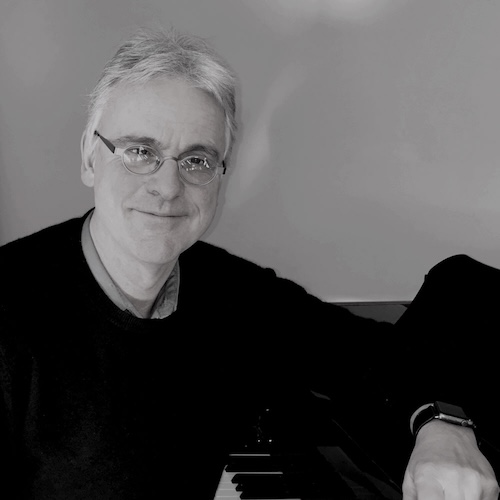Seraphim provides fitful illumination with “Aspects of Light”
Thematic programming is difficult to achieve, with the need for contrast while remaining consistent in concept. Seraphim explored the ideas of light as a beacon of hope, good, and guidance in the short “Aspects of Light” performance Sunday afternoon in First Church in Cambridge, conducted by the second of their music director candidates, Simon Andrews.
The opening Hear My Prayer, O Lord by Purcell formed rich textures and tricky tuning, though singers painted the dark moods effectively, especially in shorter bursts of the second line “let my crying come unto Thee.” Arvo Pärt’s De Profundis demonstrated the variety and impressive range of Seraphim’s lower voices, effectively portraying the “depths” of the text. Andrews’ direction thrived most in climatic sections, such as when expressing the “mercy” and “redemption” toward the end of this piece.
The only German work on the program, Brahms’s Warum ist das Licht gegeben den Mühseligen? emoted with dramatic calls of desperation returning to the “Warum?” cadences, though more attention to the thematic materials could have aided in distinguishing the texture of the fugal writing, especially in such a resonant space.
The first of two organ pieces in the program, Master Tallis’s Testament by Herbert Howells was vivified by Heinrich Christensen’s playing in this venue, his masterful use of the organ’s swell shades delivering expression with dynamic contrasts. Carson Cooman’s Awake, Thou World-Filling Light! showcased clusters of organ sound, later filling the hall with massive sonority.
Seraphim utilized the space to its utmost in O nata lux de lumine by Kerry Andrew, the sopranos in the back apse initially unsteady but settling into rocking wind-chimes of the titular line while the rest of the chorus grounded the text.
Cesar Alejandro Carrillo’s Videntes stellam Magi breathed fresh air into the program, Seraphim’s treble voices resolving to satisfying consonances toward the end. Interestingly, final nasal consonants were emphasized and lengthened with humming throughout this program, including the final “myrrham” of this piece.
Randall Thompson’s Choose Something Like a Star struggled to find meaning in Sunday’s reading, with the bright exclamation of “O Star” popping out of texture not due to dynamics but differences in color. In this piece and other instances in the program, quieter sections struggled to blend, uncharacteristic of this ensemble. The straightforward rhythm in the piano and the quirky text were ironed out evenly in direction, the latter under explored in its vivid poetry.
Particularly memorable were pieces by the conductor himself and composer Deborah Mason, who was in attendance.
Sparkling piano ornamentations and bare textures opened Mason’s A Strange Courage, the Boston premiere of the piece. The choral writing was heavier, with muted melodies constantly shifting in direction and voice parts intertwining intricately with one another. Seraphim navigated meditatively through the difficult lines while moments of “Shine alone” popped out from above, effectively depicting the beacon of guidance out of a swarm of uncertainty.
The program concluded with the conductor Simon Andrews’ world premiere of Fiat Lux, written upon the two words and its English translation. The piece embarked curiously on still open fifths in treble voices, organ harmonies filling them and then piercingly signaling the fifths higher.
Lower voices filled a clear sea of resonance before sparkles of treble voices rejoined them in complex interval clusters. Toward the end, a bare a cappella section steadily built up to a homophonic, expanding climax aided by patterned organ figures. A surprisingly exclamatory “light” finished the piece and the program with flair.
Seraphim presents “Light in the Treasure Trove” on May 3 and 4. seraphimsingers.org
Posted in Performances
